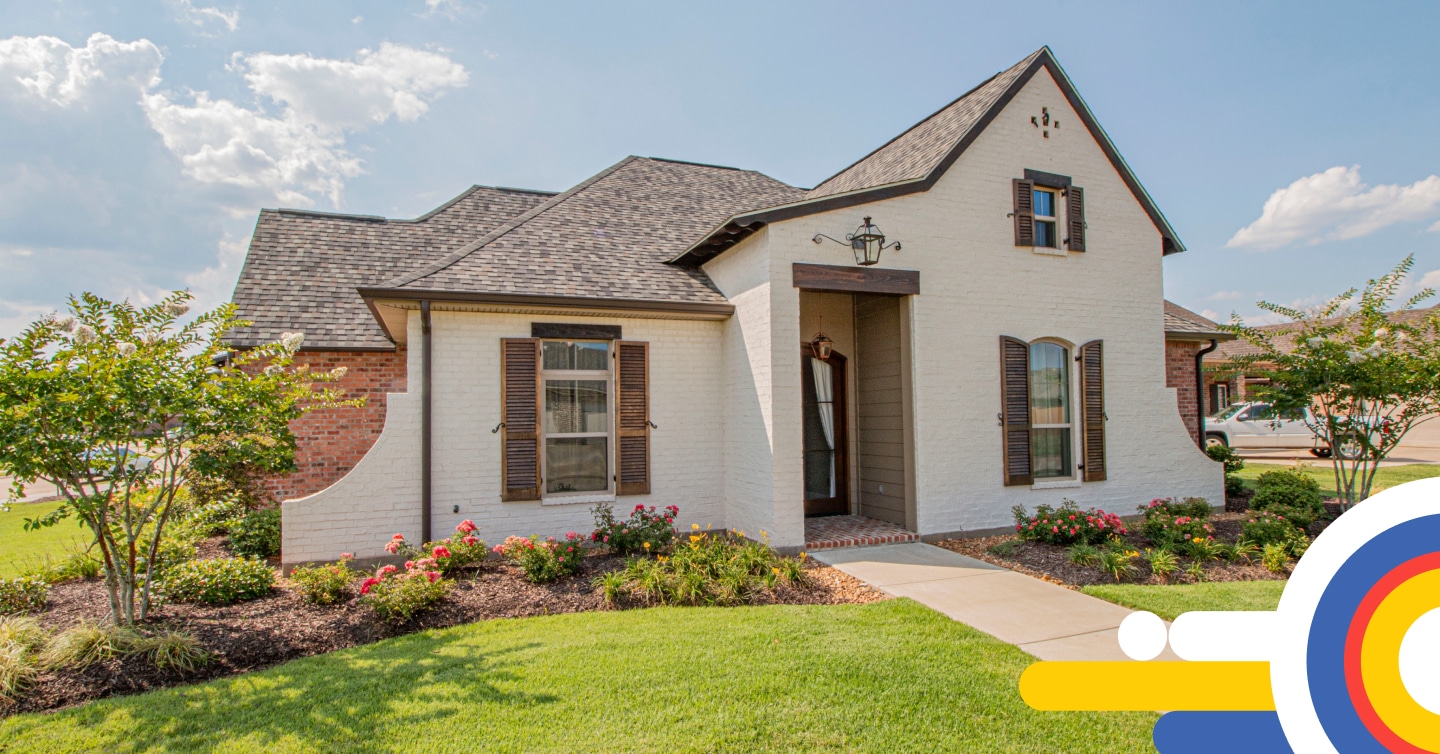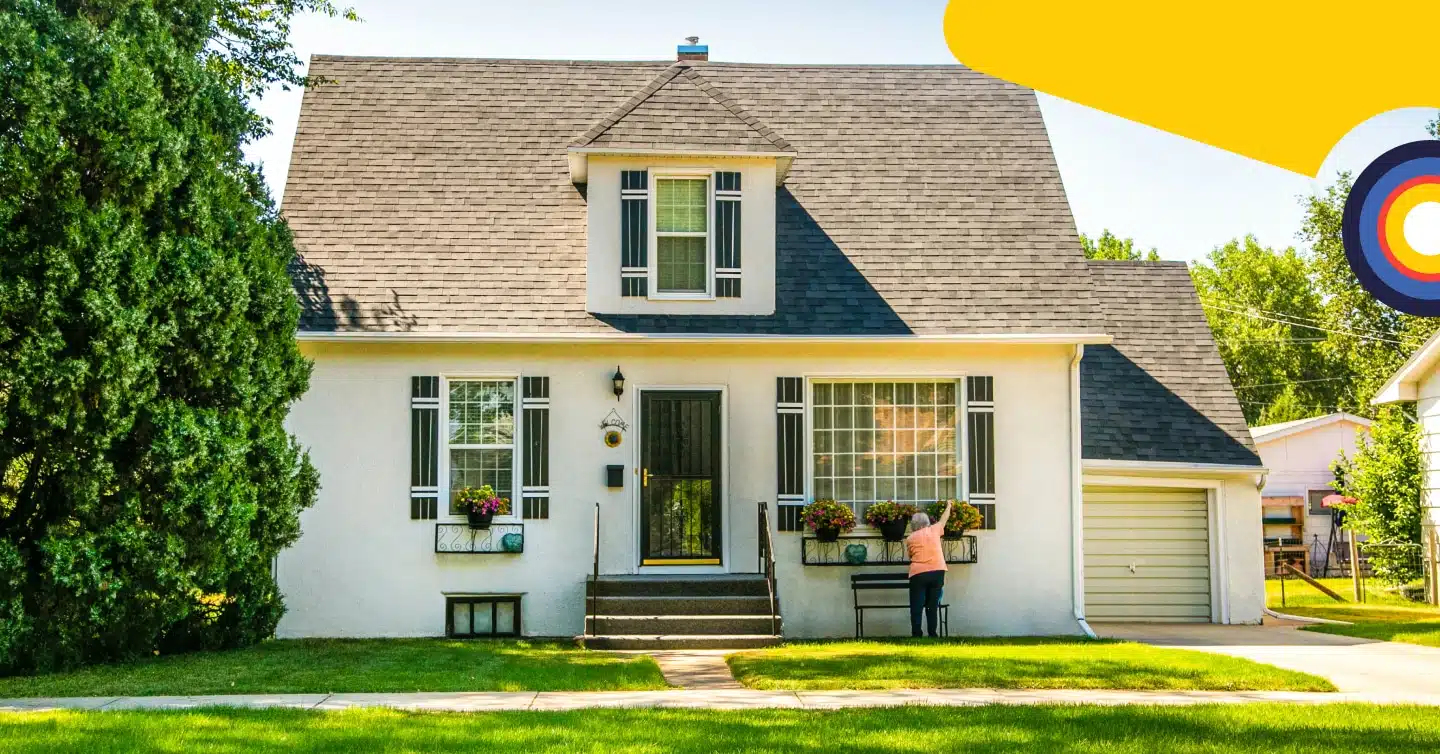What Is The FHSA Or CELIAPP For First-Time Homebuyers In Canada

Table of contents
The 2022 federal budget created a new tax-free savings account designed specifically for first-time homebuyers (FTHB) in Canada. The account combines the advantages of the existing Tax-Free Savings Account (TFSA) and the Registered Retirement Savings Plan (RRSP), both popular down payment savings methods currently used. As of April 1st, 2023, first-time buyers can open a First Home Savings Account (FHSA) or compte d’épargne libre d’impôt pour l’achat d’une première propriété (CELIAPP in French).
Key Takeaways
- The new FHSA allows prospective homebuyers to contribute up to $8,000 annually ($40,000-lifetime limit) towards buying a first home.
- If buying as part of a household, each individual putting money towards the purchase of a home can save in their own FHSA.
- The FHSA provides a tax deduction on contributions like an RRSP but offers tax-exempt withdrawals when purchasing a first home like a TFSA.
How The FHSA or CELIAPP Works
This account allows prospective homebuyers to contribute $8,000 a year up to a lifetime maximum of $40,000 toward buying their first home. Withdrawals and investment incomes will be tax-exempt as long as the funds are used to purchase a home. Otherwise, they would be tax-deferred if transferred to a qualifying RRSP or RRIF.
The FHSA combines the tax-exempt withdrawal advantages of a Tax-Free Savings Account (TFSA) and a Registered Retirement Savings Plan (RRSP) income tax deductions. The FHSA allows first-time buyers even more contribution room while realizing tax savings and the opportunity for additional tax-free investment growth.
Like TFSA and RRSP accounts, you can use the FHSA to save cash or invest in ETFs, stocks, bonds, mutual funds, and GICs. The funds can then grow tax-free in the account, so you avoid income taxes on interest and capital gains while saving to purchase a home.
Who Is Eligible To Open A FHSA / CELIAPP?
To be eligible to open an FHSA, you must be the age of majority in your province and under 71 years old. You must also be a resident of Canada and considered a first-time homebuyer.
To be considered a first-time homebuyer (FTHB) to open an FHSA:
- You did not at any time in the current calendar year before the account is opened or the 4 years preceding live in a home as a principal place of residence that you owned or jointly owned or your spouse or common-law partner (at the time the account is opened) jointly or solely owned.
To be considered a first-time homebuyer (FTHB) to withdraw funds from the FHSA:
- You did not at any time in the current calendar year before the withdrawal (except the 30 days immediately before the withdrawal) or anytime in the preceding 4 calendar years, live in a home as a principal place of residence that you jointly or severally owned.
Pros Of FHSA / CELIAPP
Below is a list of the advantages of the FHSA:
- Annual contributions of up to $8,000 to a lifetime maximum of $40,000.
- You can have more than 1 FHSA, but all accounts combined cannot exceed the annual or maximum contribution limits.
- Any unused contribution room can be carried over to the following years once an account is open.
- Gains earned inside the account are tax-exempt as long as they are used to purchase a home.
- You can claim income tax deductions for contributions made during the tax year (note: Unlike an RRSP, contributions made in the first 60 days of the year are not deductible on the previous year’s income tax return).
- If purchasing as part of a household, each individual can use their FHSA towards their combined down payment.
- If you decide not to purchase a home, you can transfer the funds to an RRSP or RRIF on a tax-exempt basis without affecting your contribution room.
- Unlike the homebuyers plan (HBP) in an RRSP, withdrawals from the FHSA to purchase your first home are not treated as a loan and do not need to be repaid.
Cons Of FHSA / CELIAPP
Below is a list of the disadvantages of the FHSA:
- You must be the age of majority in your province (18 or 19).
- You must be considered a first-time homebuyer to open or withdraw from an FHSA.
- You must have an open FHSA to accrue contribution room.
- You are the only person that can make contributions to your FHSA.
- Withdrawals not used to purchase a home are taxable at your marginal tax rate.
- You must close the account by the end of the year following the year you first make a withdrawal. (If you first withdraw funds to purchase a home in May 2025, the account must be closed by Dec 31st, 2026).
- You cannot open an account if you are 71 or older.
- You must close the account after 15 years or when you reach 71.
- You must have the additional funds to contribute to the FHSA to realize the tax benefits of this account and use them for your home purchase.
Pros Of HBP For RRSP
Below is a list of the advantages of the HBP for RRSP:
- Allows you to withdraw up to $60,000 with an annual contribution limit based on 18% of your gross taxable income.
- You can withdraw from multiple RRSP accounts as long as you own each and do not exceed the $60,000 limit.
- You can use the HBP to buy or build a qualifying home for yourself or a related person with a disability.
- You can use the HBP more than once if you’re considered a first-time homebuyer under the program.
- There is a temporary 5-year grace period up from 2 years before you must begin making repayments to your RRSP.
- You could start saving into your RRSP as soon as you’re considered legal working age in your province and have completed your first income tax return.
Cons Of HBP For RRSP
Below is a list of the disadvantages of the RRSP:
- If you have a locked-in RRSP or pension, you won’t be allowed to withdraw from this type of account.
- You must make yearly repayments to your RRSP to repay the amount withdrawn, or it will be considered taxable income and taxed at your marginal tax rate.
- You must have the additional funds to contribute to an RRSP account to use them under the HBP.
Which Is Better The Home Buyer’s Plan (HBP) Or FHSA (CELIAPP)?
Both accounts come with their set of pros and cons; however, the FHSA allows you to withdraw funds without the need to make repayments back into the account. The FHSA allows you to contribute up to $8,000 a year, which is tax-deductible, making this account a great option for those that have much lower RRSP contribution room available.
Frequently Asked Questions
Can you transfer funds out of your FHSA?
Yes, if you decide not to purchase a home or have additional funds remaining in the FHSA you can transfer any unused portion to an RRSP or RRIF on a tax-exempt basis without impacting your contribution room for the year.
Do you need to pay back the FHSA?
No, unlike the HBP, there is no need to repay the amount you withdraw from your FHSA.
Does the FHSA make owning a home more affordable?
Not really, as every Canadian has access to the FHSA; those that have the additional funds to max out this account and pick the right investments that grow in value will benefit more. This could make homeownership more attainable for some and, in turn, actually make homes more expensive for everyone else.
However, the FHSA is another great investment vehicle in addition to the TFSA and RRSP accounts for saving money on a tax-free basis while offsetting income taxes.
Can I use the FHSA for tax-free payments on my mortgage?
No. This program is designed specifically to help Canadians who are first-time buyers save for a home. Existing homeowners are not eligible to open a FHSA.
Final Thoughts
The FHSA is another opportunity for prospective homebuyers to make saving for a first home easier. With the combined benefits of an RRSP and TFSA, this new account provides an additional tool for first-time buyers to invest and save while offsetting income taxes prior to homeownership.
While this account is great for those who can set aside some additional savings each month, an FHSA isn’t guaranteed to create an equal market opportunity for all prospective first-time buyers. Those who can take full advantage of this account and make smart investment decisions may end up benefitting at the expense of other first-time buyers.
Ready to get started?
In just a few clicks, you can see our current rates. Then apply for your mortgage online in minutes!















